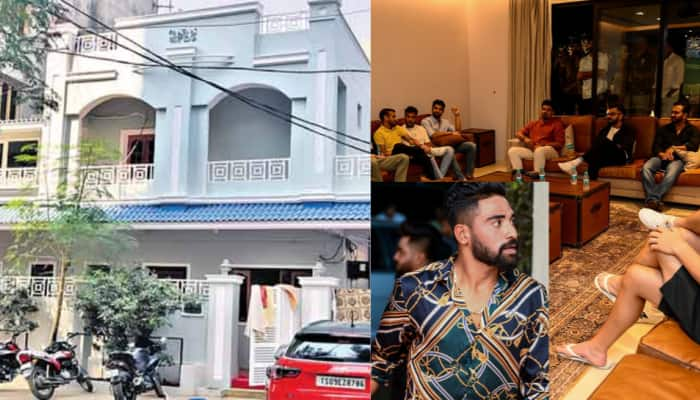Does age of smartphone also mean loss of privacy?
The researchers developed an Android application called Smart-Spaces to collect information for the study.
Trending Photos
)
Washington D.C.: A new study has highlighted as to how smartphone technology is leading to diminished privacy.
The Tel Aviv University study argues that "dynamic visibility," in which technological surveillance is combined with personal information volunteered by individuals online, has led to diminished overall privacy.
"Technology is not only used top-down but also bottom-up, with individuals using their own technological devices to share and enhance their visibility in space," said co-author Dr. Tali Hatuka, adding "Whenever we use 'location-aware' devices, or tap on Waze or dating apps, like Tinder, or check-in on Facebook, we are really diminishing our own privacy."
"This combination of secret surveillance and voluntary sharing contributes to a sense of 'being exposed' in a public space that normalizes practices of sharing personal data by individuals," Dr. Hatuka continued. "The result is diminished overall privacy."
A survey conducted in 2013 by Google and Ipsos MediaCT in dozens of countries found that the Israeli population had the world's highest smartphone saturation and some of the highest rates of mobile internet usage and mobile email usage. The new study found some differences among sharing preferences in different types of spaces, but these paled in comparison to the overwhelming willingness of participants to share their locations with their social networks.
The researchers developed an Android application called Smart-Spaces to collect information for the study. The app combines smartphone-based surveys with the online tracking of locations and phone application usage. The Smart-Spaces application was installed for 20 days on the phones of TAU students, who answered context-based surveys in the course of their daily routines. Each participant was interviewed before and after the installation of Smart-Spaces.
"More than 73 percent of the participants shared their locations as they answered the surveys," said Dr. Hatuka. "Moreover, there was a correlation between the kind of space they were in, private home, library, street, square etc. and their willingness to provide information, with a higher willingness to share location and other information when the subject was in public spaces."
The results were analysed according to different activities, locations and number of people present at the time.
"While the sample is not representative of the general population, our results can be considered predictors for future phenomena," Dr. Hatuka observed. "Students are early adopters of smartphone technology, and their practices may predict those of the more general population."
The study is published in Urban Studies.
Stay informed on all the latest news, real-time breaking news updates, and follow all the important headlines in india news and world News on Zee News.
Live Tv







)
)
)
)
)
)
)
)
)
)
